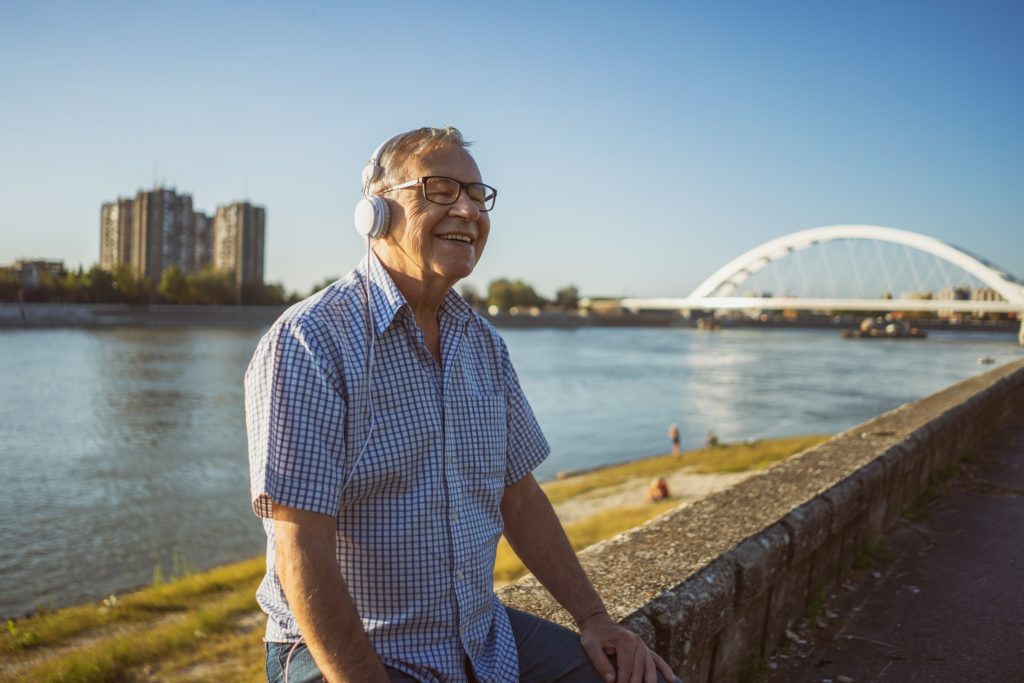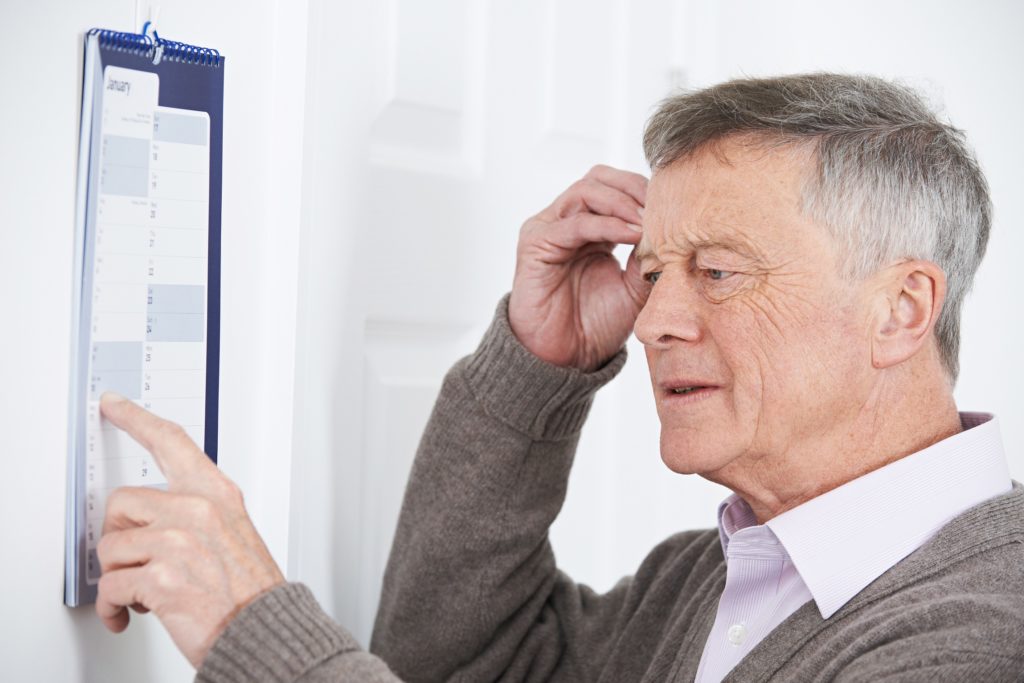

Music is not only for entertainment, but also a great therapeutic tool for all people. It is known that music has a positive impact on your body and mind. Some of the benefits include reducing stress & anxiety, boosting memory, and relieving pain etc.
Listening to music is like working out your brain muscles. It’s amazing how patterns of sound can have such a huge impact on humans!
Similarly, music can play a great supporting role when it comes to aging. Especially when the elderly population is more likely to deal with problems like pain, isolation, cognitive decline, and other health issues.
It doesn’t matter if you are listening to the music on the radio, in the car, playing an instrument, or singing in the shower – regardless of the situation, music has positive effects on the body and mind. Here are some benefits to music that you may not know about.
1. Memory
Have you ever listened to a song and remembered a scene or episode in the far far past? Music can be a powerful trigger for emotions and memories, even when you think you have forgotten about a particular memory.
For elder people with dementia and Alzheimer’s, it can serve as a powerful trigger to their past episodes. Music will not reverse the effects of memory loss, but it slows cognitive decline and allows elderly individuals with mild or moderate symptoms to remember the past. Once the brain has been stimulated again, it will deteriorate at a much slower rate. For caregivers, music is a great technique to use to build trust with the clients with memory issues and help you communicate with them.
For elder individuals without dementia and Alzheimer’s, music can stimulate their brain and benefit them in very much the same way. It increases short term memory and helps with daily tasks they might forget otherwise. In the long turn, it helps prolong the period of independence.
2. Depression and Anxiety
Without communication and support from others, older adult’s mental health is significantly impacted. Isolation, depression, and anxiety are some common effects they may experience. Studies have shown that jazz and classical music can lessen depression symptoms. Calming music can also help soothe people in situations where they might feel anxious. If possible, attend listening sessions with certified music therapists; it should have the most positive effect on the individuals who are struggling with depression and anxiety.
Even more, older adults can enjoy music in a group setting and share the love of music with each other. Music itself can act as a creative way for self-expression. Active participation in group music sessions or other music activities allows elderly individuals to put aside their loneliness for a temporary amount of time. It can serve as a conversation starter and relationship builder, a great way to form long-term relationships.
3. Heart Health
Depending on the type of music, it could have very different effects on your body. For example, people listening to fast music tend to have increased heart rate and breathing; calming and slower music would have opposite effects – slower heart rate and breathing. For individuals living with heart disease, slow and calming music can help with lowering the heart rate and blood pressure. After a heart attack, music therapy can speed up the process of recovery by reducing pain and anxiety levels. There are also studies suggesting music can reduce the likelihood of heart diseases.
4. Physical Health
For elder individuals, regular exercises are also important to maintain muscles and boost your body’s physical health. Music may not directly improve physical health, but it has important indirect benefits.
When an elderly individual is listening to music, it can increase their exercise time. Faster and upbeat music provokes extra motivation when you are working out. People will adjust to the rhythm of the music and the brain will focus less on the exercise itself.
With an increase in movement, you should expect to see improvements in muscle strength, flexibility, and bone density.
5. Verbal Communication
Another area that elderly may struggle with is speech. Communication might get increasingly difficult as one ages, causing frustration on both ends of the conversation. Listening to music helps with communication abilities, associated with memory and brain functions mentioned above.
Music therapy is sometimes used in stroke recovery to help individuals to recover quicker, especially the speech function. For people with dementia, music can help maintain their current speech level or even regain some language abilities.
If you are in the mood to sing after listening to the music, good news! There are more benefits. Scientists had discovered that singing can strength chest muscles and improve heart and lung functions.
As you can see, there are endless benefits to music that can help with all aspects of your body! With just a 30-minute session a day, music can make a huge impact on the quality of life for seniors. Even healthy individuals should consider listening to classical or jazz music.
 Work with a Caregiver
Work with a Caregiver
Music is great for senior, but sometimes it is not enough. Nothing is better than in-person communication with a human being! When you seek an in-home caregiver to help an aging loved one, turn to Assisting Hands Home Care. Our comprehensive, non-medical services include meal preparation, transportation, fall prevention, personal care, and companionship.
Each in-home caregiver is licensed, bonded and insured to provide families and their loved ones with maximum peace of mind. The Assisting Hands Home Care representatives meet with the family and care recipient to develop a flexible, tailored care plan designed to meet the senior’s every non-medical need. Our elder care providers are experienced and highly trained in senior care.
Give us a call at (954) 859-2271 to set up a free consultation regarding our senior companionship services.

